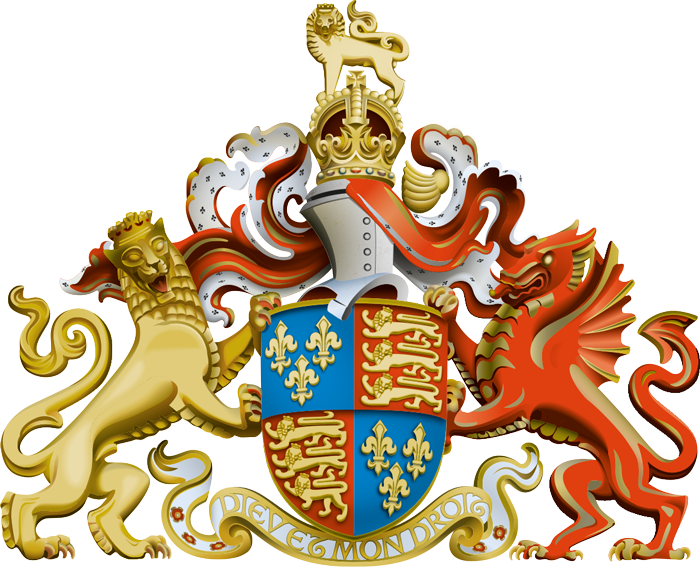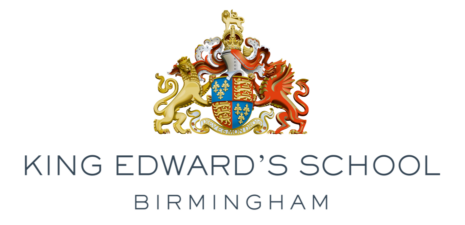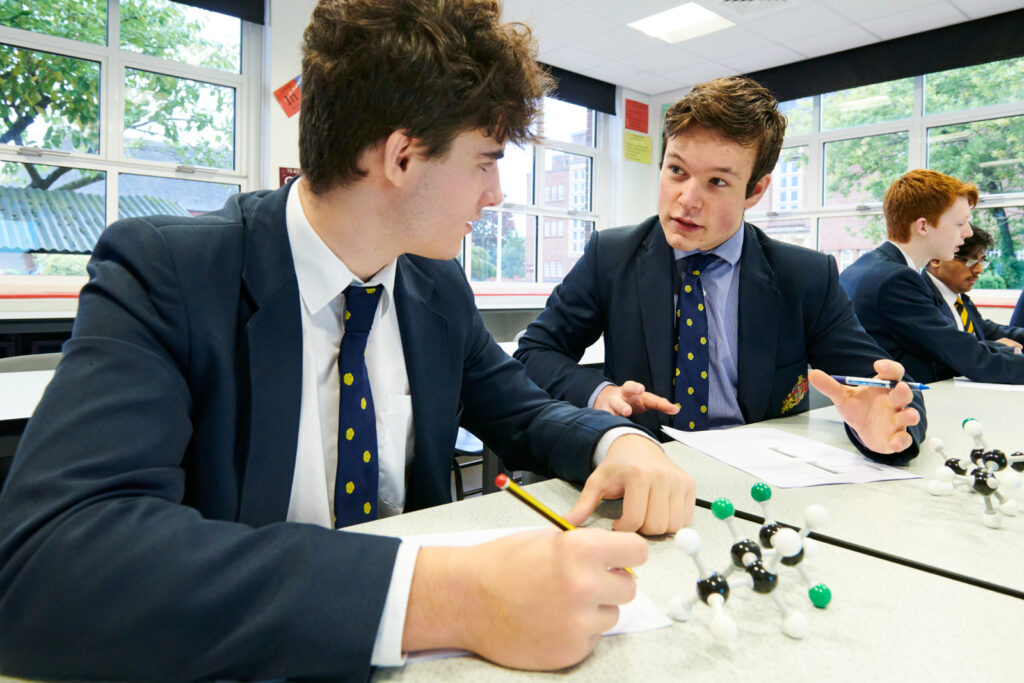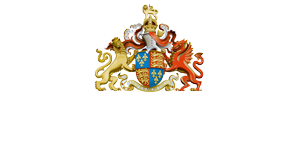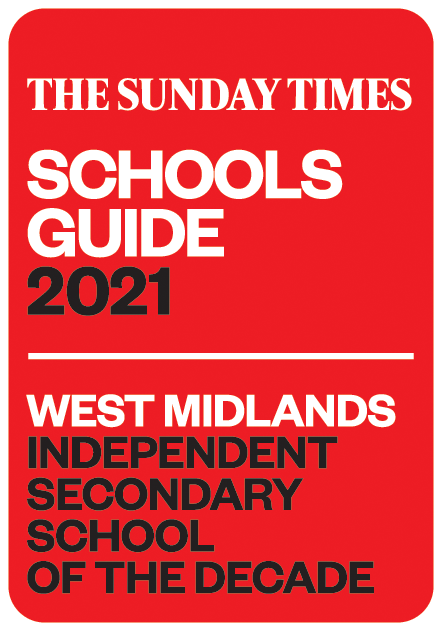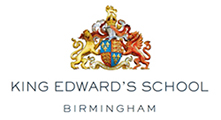All of your IB questions answered
The headquarters of the IBO are in Geneva but examinations for UK candidates are set and marked by the International Baccalaureate Curriculum and Assessment Division, which is based in Cardiff. The whole programme is classified by the UK government as a Level 3 qualification by the DfE. However, it is entirely free of government control in terms of curriculum and marking.
Each of the six subjects are graded out of seven, summed to give up to 42 points. The Extended Essay and Theory of Knowledge are combined for a further three points to give a maximum score of 45 points.
All subjects are assessed through a combination of coursework and examination, with the Core made up of an Extended Essay of 4,000 words and a Theory of Knowledge essay and presentation. This allows boys to ‘bank’ some of their grade prior to the exams.
The IB is accepted by all UK universities and also universities in the US and across the world. UK university admissions officers state the IB Diploma provides the best preparation for university and ranked the IB top in 14 out of 16 different factors that best prepare students for university (University Admissions Officers Report 2016).
All university entry qualifications require students to work independently and in depth over a sustained period. Boys at King Edward’s School benefit from lots of contact time with their teachers and the opportunity to develop their written work with regular feedback from subject experts. King Edward’s School has always held boys to high standards. The School chose the IB Diploma because it is a demanding, rigorous and excellent qualification that leads to boys excelling throughout their future.
The UK is almost unique internationally in the lack of breadth in its post-16 curriculum. As the world becomes increasingly interconnected, it becomes more important for individuals to stand out with a broad range of skills and perspectives on the world. The IB ensures that every boy leaves King Edward’s with a good grasp of Maths and English, and is able to tackle the most difficult problems through an interdisciplinary approach.
Overall the IB is more comprehensive and demands more organisation than A Levels but the content is no harder. The IB is not subject to ‘grade inflation’ and average scores and pass rates have remained consistent over several years. Research on the impact of the Diploma Programme has shown that IB Diploma students in the UK are significantly more likely than their A Level peers to attend a top 20 university and receive a first-class honours degree (HESA 2016).
Boys are likely to spend six periods per week on each of their three Higher Level subjects and four periods per week on each of their Standard Level subjects plus time allocated to Theory of Knowledge. Boys still participate in games on a Wednesday afternoon and the Friday afternoon activities programme, both of which can contribute to the Creativity, Activity, Service element of the Diploma.
Sixth Form study is very different to life in the Lower and Middle School. Smaller classes and closer working relationships with teachers make for an exciting time of a boy’s life. Free from the more constraining syllabuses of GCSEs, teachers and boys are freer to explore their subjects in a more personal and invigorating way than they have previously, leading to boys enjoying their studies across the range of subjects.
